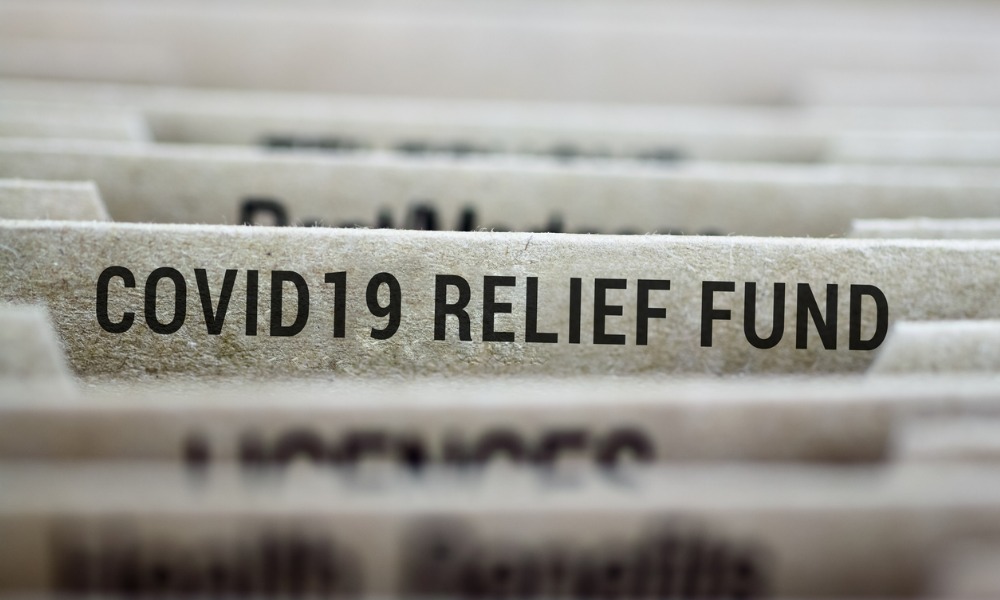As May 7 deadline approaches, latest data from CFIB shows small business owners have a long way to go to recover

Even as the federal government prepares to withdraw key pandemic-related supports, data from the Canadian Federation of Independent Business's Small Business Recovery Dashboard shows small enterprises still face a long and difficult path to recovery.
The astonishing amount of new COVID-related debt that small businesses have had to take on during the epidemic is one of the numerous roadblocks in the way of a return to viability for Canada's small business community.
In fact, only 40% have returned to regular revenue levels at this time of year. Only a quarter of business owners (27%) feel they are fully recovered, according to the study results.
"Two-thirds of small businesses (65%) have had to take on debt, at an average of $160,000, just to survive the past two years," said CFIB president Dan Kelly. "For almost 900,000 business owners, up to $60,000 of this debt is in the form of a government-backed Canada Emergency Business Account loan."
"The 2022 budget missed an opportunity to forgive a larger portion of these loans for the most deeply affected small businesses," he added.
All main COVID support initiatives will end on May 7, 2022, notwithstanding the long road back to normal.
A large number of small businesses are also facing significant obstacles, such as increased energy, input, and insurance costs (up to 90%), as well as increases in government-imposed carbon and payroll taxes (82%).
This could explain why nearly three-quarters of small business owners (72%) did not believe the measures in the government budget for 2022 to be particularly beneficial to their situation.
The CFIB is urging the federal government to assist the most vulnerable SMEs in repaying COVID-related debt by increasing the forgiving component of their CEBA loan to at least 50% and extending the repayment deadline beyond December 2023.
The federation is also requesting that the government assist new enterprises that were previously denied access to the CEBA program, as well as cancel a portion of other federal COVID-19 lending programs such as HASCAP.



